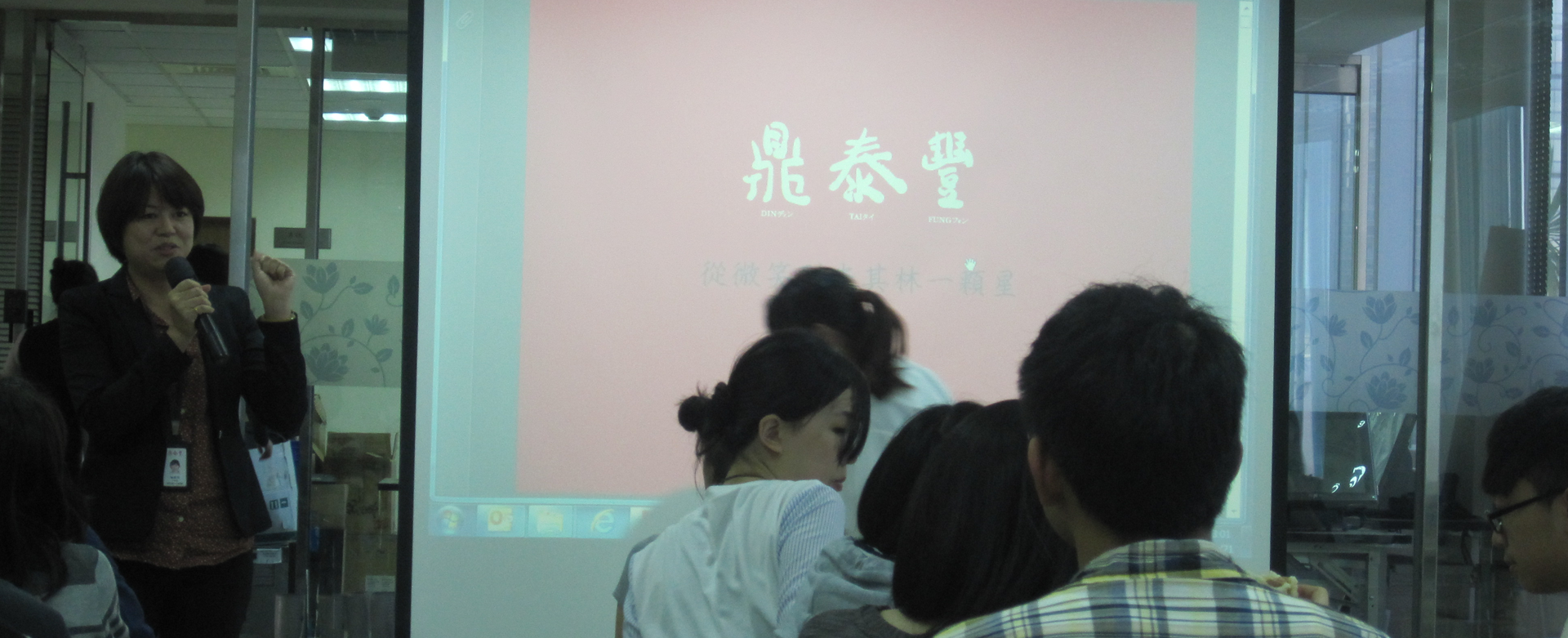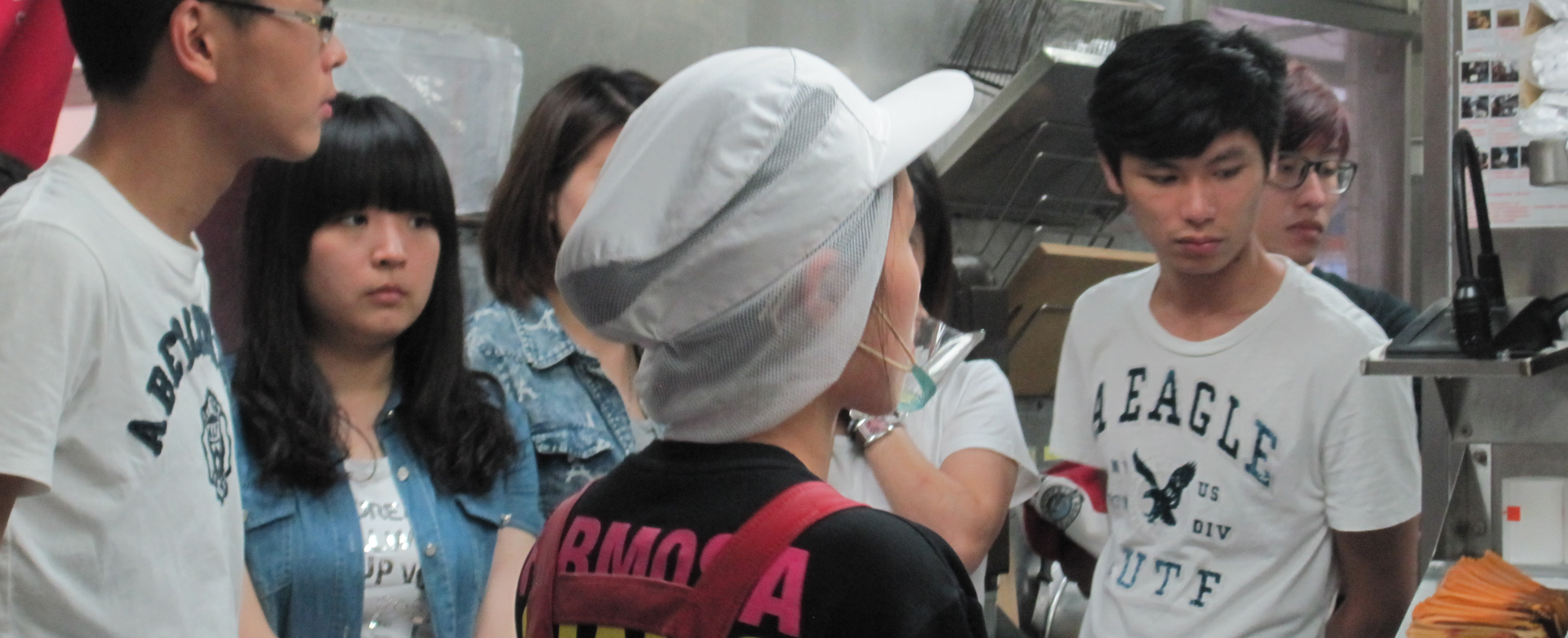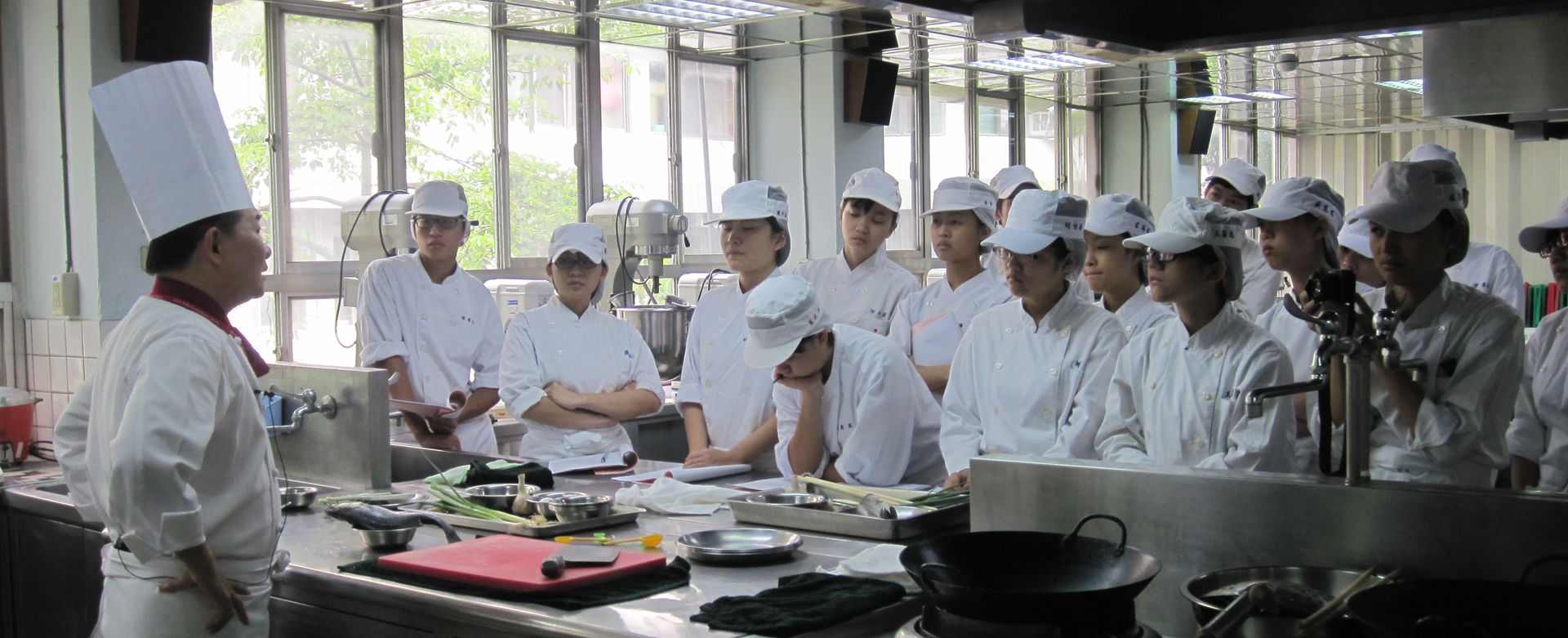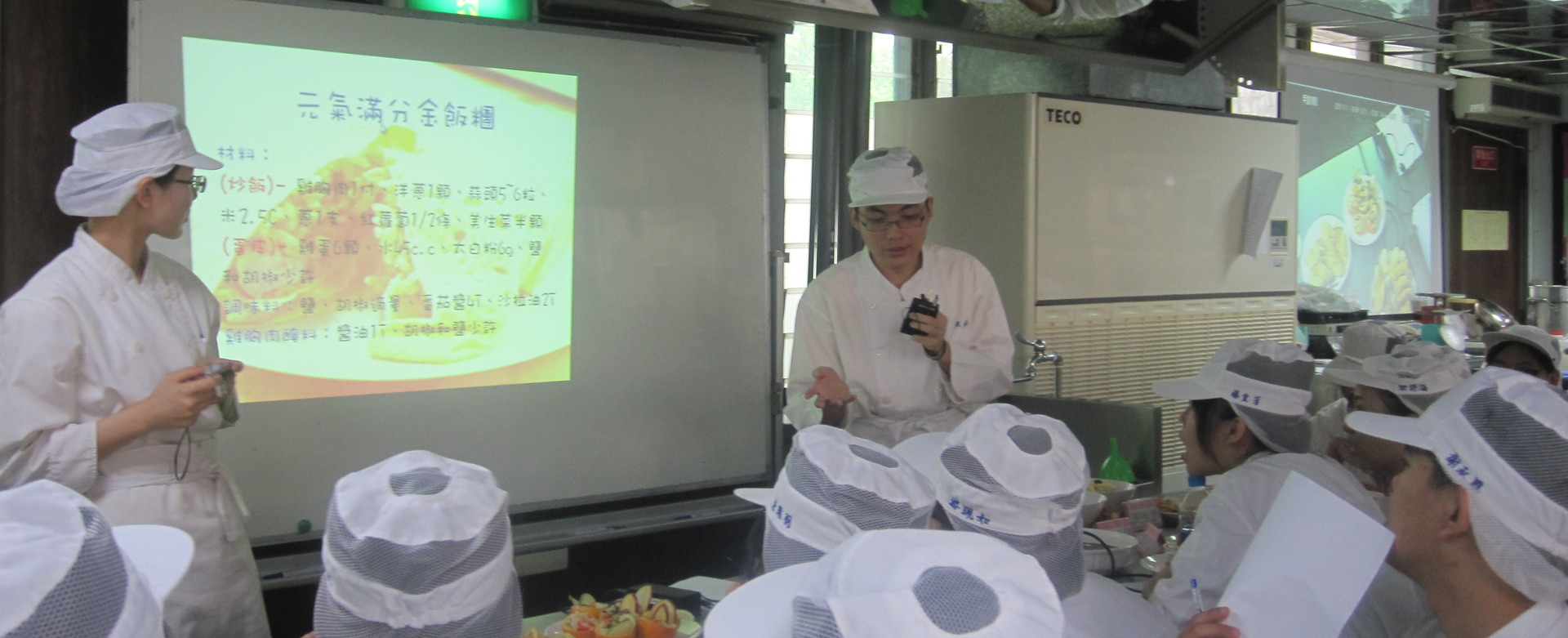Featured Scientist

Wen-Hwa Ko, Ph.D.
Professor
Department of Restaurant, Hotel and Institutional Management
Food quality, safety and sanitation for foodservices
Food quality, safety and sanitation for foodservices
The importance of food safety and sanitation is a topic of global concern. Taiwan pays attention to food safety issues, and research on food hygiene has become a hot issue. This study discussed the actual implementation results of food sanitation from the three aspects of industry, government and academy.
Relevant research on food sanitation has been supported and funded by the Ministry of Science and Technology for many years, and the implementation content is as follows
1. Importance of food quality
Consumers' attention to food quality was analyzed through the literature, and the emphasis on quality by consumers was explored through the Delphi method and questionnaires. The knowledge of the various aspects of food quality as well as the ability to judge the work of the students of the hospitality department was provided as a reference for course teaching.
2. Establishing food safety and sanitation indicators for catering operators
Catering operators must pay attention to the safety and sanitation of food from the farm to the table. Through the establishment of indicators and the assessment of the scale, the perception of food sanitation of the operators and consumers was provided. In addition, the sanitation implementation behavior of the operators was evaluated by designing an observation scale.
3. Assessment of leftover sanitation and safety indicators
The issue of leftover food is a topic of concern for environmental protection and low-carbon pollution. However, the safety and sanitation norms for leftover food are still being explored, and there is room for improvement regarding how to present the effective period, the best taste period, and other indications. Therefore, this study explored the difference between the safety perception of leftovers and purchase behavior.
Education for hospitality and culinary art
The hospitality industry is a green industry. The development of sightseeing and hospitality has become an important development project in Taiwan, and how to cultivate available and practical talents for the hospitality industry is important. Education and schools are the cradle for cultivating talents. The students of the hospitality department are directly involved in industry-university cooperation and internship work. The development of hospitality education is one of the key conditions for the success of the future hospitality industry.
Research on these topics has been supported and funded by the Ministry of Science and Technology for many years. The relevant research is as follows:
1. Teaching and career development of culinary teachers
This study used the teaching quality indicators of previous research to explore the influence of the cooking industry experience of culinary teachers on teaching effectiveness and students’ learning effectiveness. The research showed that industrial experience is the adjustment factor of teaching quality and teaching effectiveness. The mental journey of culinary teachers and the transformation of their careers were also discussed.
2. Cultivation of food and beverage R&D personnel
This study investigated the students' current situation in catering R&D functions, explored the impact of the students' R&D functions and current status of the education-job interface on their career development, and focused on the cultivation of outstanding talents. This study found that the students' R&D functions and education-job interface have an influence on various constructs of their career choices.
74 views




